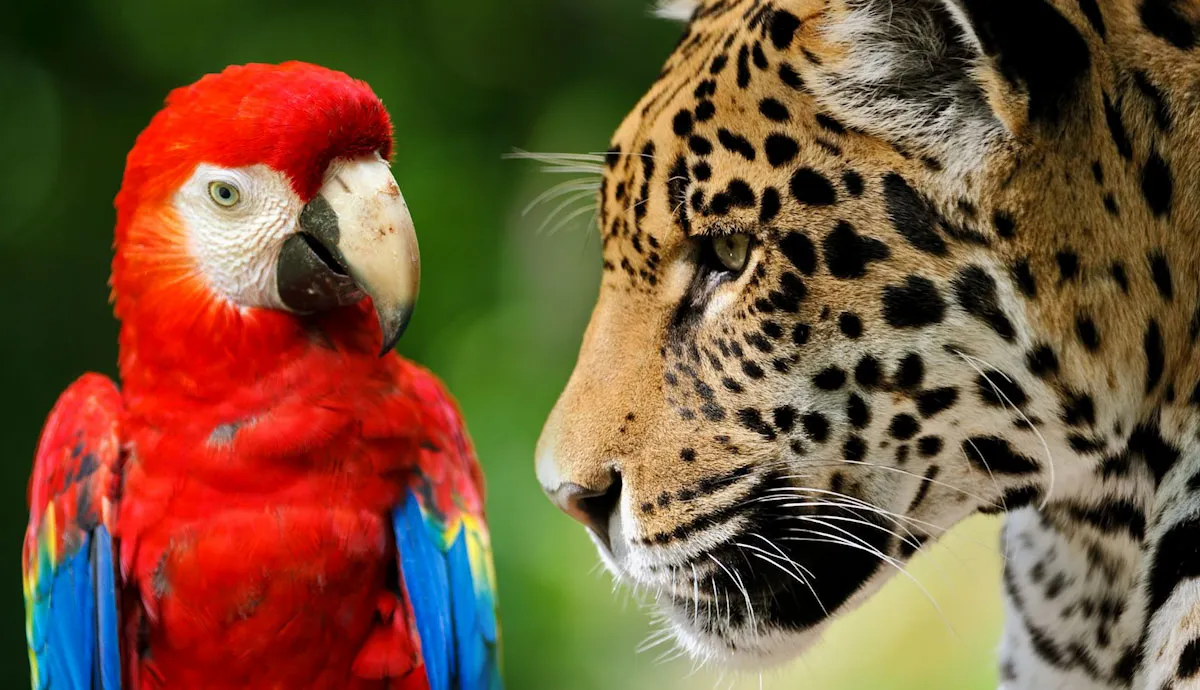While a recent comprehensive report on the status of the world’s migratory species paints a bleak picture of decline and destruction, there is a glimmer of hope as a handful of animals demonstrate that recovery is possible with human intervention.
The State of the World’s Migratory Species assessment, released on Monday, highlights a general decline in the populations of animals, fish, birds, and reptiles listed for protection under the UN Convention on the Conservation of Migratory Species of Wild Animals (CMS). However, amidst the grim findings, 14 species have shown improvement. Here are some remarkable success stories:
1. Humpback Whales:
- Humpback whales faced centuries of exploitation by whalers for their oil, meat, and baleen.
- Listed as globally endangered by the International Union for Conservation of Nature (IUCN) in 1986.
- International restrictions on commercial whaling led to a rebound in the humpback whale population, with over 80,000 mature individuals navigating the world’s oceans.
- Ongoing threats include fishing gear, underwater noise pollution, and ship collisions.
2. Vicuna:
- Vicunas, a llama-like creature found in parts of South America, faced near extinction due to illegal poaching for their wool.
- Legal protection, international trade bans, and education initiatives have contributed to the recovery of vicuna populations.
- Conservation status changed from near threatened to least concern, but challenges persist, including poaching, habitat encroachment, and climate change.
3. Lesser Kestrel:
- Pesticide use, particularly DDT, and habitat loss led to severe declines in the lesser kestrel population in Europe.
- Targeted conservation efforts, including providing artificial nests and releasing captive-bred birds, have boosted populations in southwestern Europe.
4. Saiga Antelope:
- National and international conservation efforts rescued the Saiga Antelope from the brink of extinction.
- Habitat restoration, reintroduction projects, and collaboration with local communities contributed to a significant population rebound in Kazakhstan.
5. Black-Faced Spoonbill:
- A migratory seabird facing threats from habitat loss, pollution, hunting, and egg collection.
- Legal protections, the designation of breeding sites as sanctuaries, and wetland restoration projects have improved the species’ status from critically endangered to endangered.
These success stories underscore the importance of conservation efforts and provide hope that positive change is possible when humans prioritize the well-being of our planet’s diverse species.



